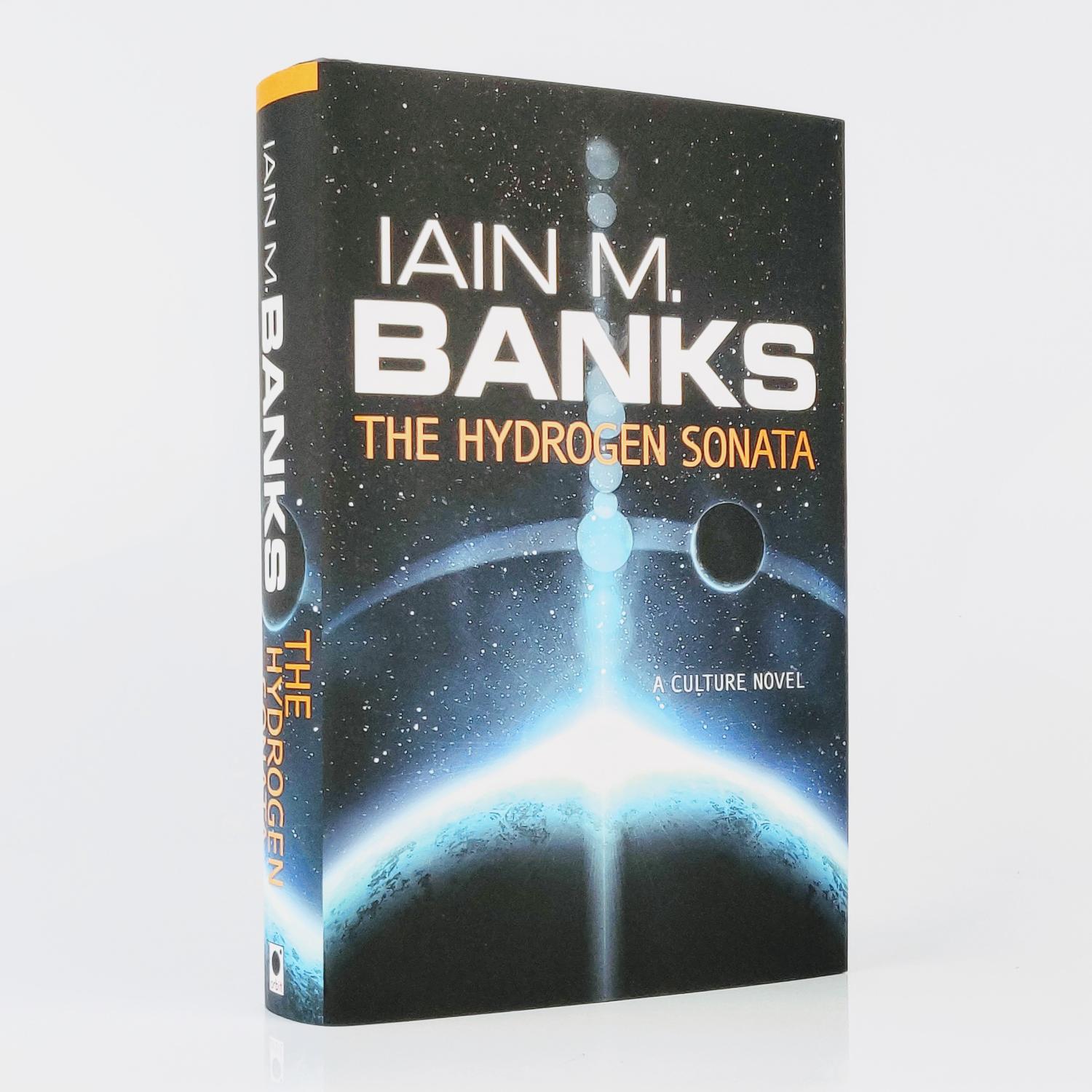

It's a time of celebration, of settling accounts, and accordingly the remnants of the long-Sublimed Zihdren, a race who shepherded the Gzilt onto the galactic stage, send an emissary to reveal that the Book of Truth, the religious text which has strongly shaped the Gzilt's worldview, was actually an experiment by a Zhidren scientist. Now, ten thousand years later, the Gzilt have decided to Sublime, ascending to a higher dimension where the truly advanced civilizations of Banks's universe live an enternal but only dimly-understood existence. The focus here is on the Gzilt civilization, a contemporary of the Culture, who very nearly became a founder race but instead chose to strike their own path. Like the other recent Culture novels, Matter and Surface Detail, The Hydrogen Sonata is not properly a story about the Culture, which plays a supporting role only. If the book itself is not quite the capstone that the Culture sequence deserved, then the coincidence of its timing and subject matter lends it significance and weight. And yet The Hydrogen Sonata is suffused with death, with questions about the meaning of life, of how (and when) to leave it, and with anxiety about what comes after it. Banks could not have known, when he sat down to write this novel, how little time he had left, or that it would turn out to be the last entry in the Culture sequence.

That that book has ended up being The Hydrogen Sonata only makes it more so. Banks-a journey that began nearly ten years ago-it was bound to be a bittersweet experience. Whichever book ended up being the last stop in my meandering progress through the SF novels of Iain M.


 0 kommentar(er)
0 kommentar(er)
